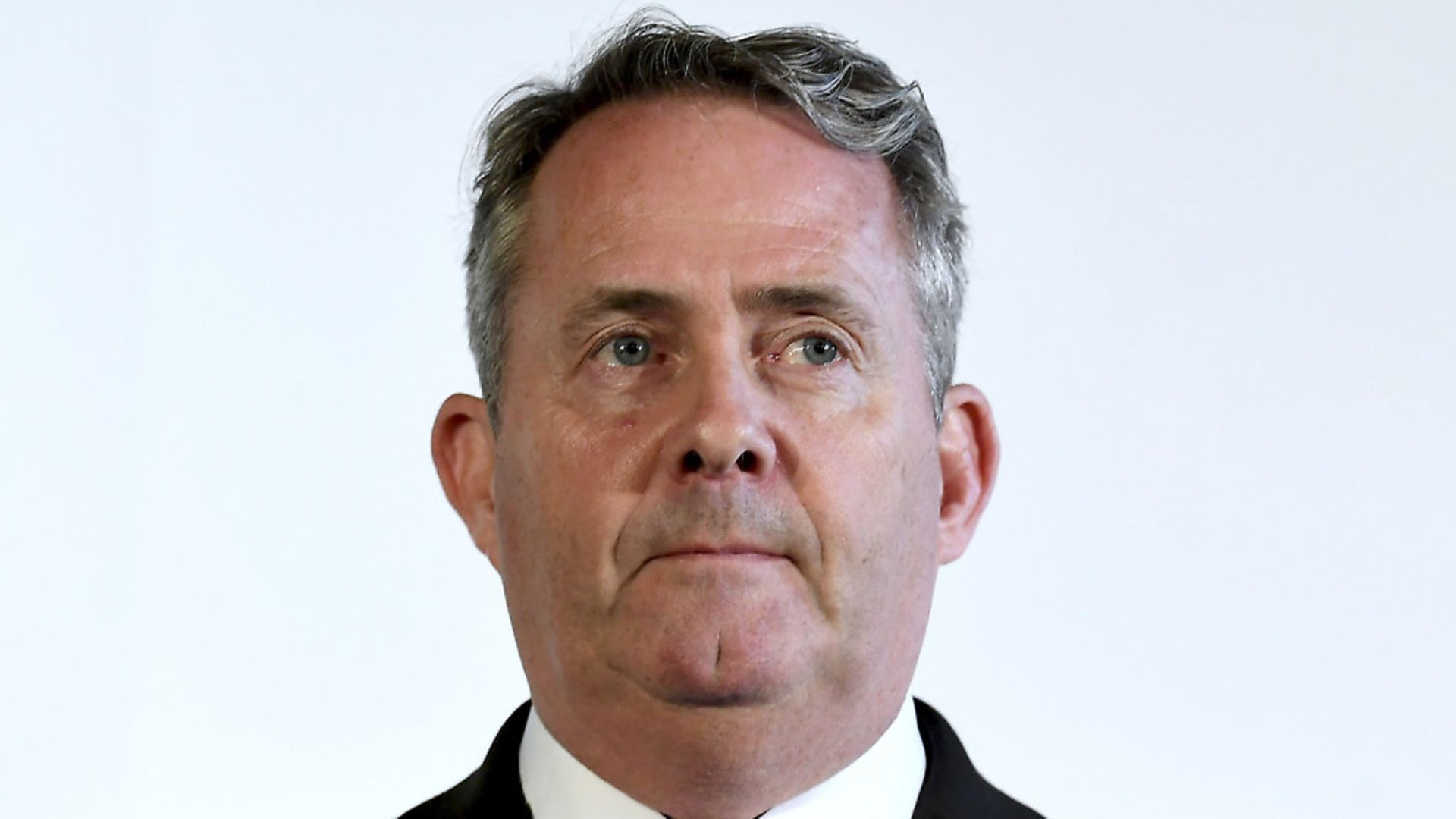
The Kiwis would be more than happy with a free trade agreement. It is Britain who shouldn’t be, says MATTEO DI MAIO
The news that Liam Fox, the international trade secretary, is prioritising a free trade deal with New Zealand once the UK leaves the EU went down well in Wellington. ‘There are lots of other countries they could have chosen,’ said David Parker, the country’s trade and export growth minister, ‘but they have chosen us and that’s good.’ It certainly is – although it makes a lot less sense to the UK.
To understand exactly why the implications for New Zealand are quite so positive – and for the UK, much less so – it is worth looking back at the relationship between Britain and its former colony.
Of all the countries who saw their trade disrupted by Britain’s decision to join the European Economic Community in 1973, none felt the impact as harshly as New Zealand.
Prior to 1961, when negotiations for the UK to join the EEC first began, Britain took about half of New Zealand’s exports – roughly the EU’s own share of British exports today.
By 1973, the figure had fallen to 25% and it would continue to decline, as access to the UK market was effectively ended by the country’s membership of the EEC. (Today the figure is a paltry 3%.)
The blow this dealt to the New Zealand economy was such that even a period of radical liberalisation was not enough to fully rectify it. This, and other factors such as the oil shock and hiking commodity prices, led to a lengthy bout of economic downturn.
But New Zealand did eventually find another route. Faced with the loss of unrestricted access to its traditional market, the country turned elsewhere for trade. China, Australia and other members of the Asia-Pacific Economic Co-operation group (APEC) now account for 72% of its total exports.
Whether the country has recovered from the psychological effects of its abandonment at the hands of Britain is less clear. It had come at a time when Anglo-Kiwi friendship was still enjoying the boosting effects of wartime co-operation and it left a sour taste in the mouths of many.
Indeed, the possibility of still-harboured grudges could perhaps explain why New Zealand has not ruled out completing a free trade deal with the EU, at Britain’s expense.
Wellington’s negotiating position is clear: shared history should not permit the UK to gain preferential access to New Zealand’s economy. Parker has already stated that Brexit, and the prospect of a trade deal with London, does not diminish the huge potential gains for his country that would come from breaking down trade barriers with the remaining 27 member states of the EU. And with Britain seemingly headed out of the customs union, and Brussels already ahead of London in terms of negotiations, it could be that the EU ends up with better trading terms than the UK.
Unlike the last time that New Zealand and Britain significantly altered their trading arrangements, it seems that Wellington is the one with the upper hand, politically. Added to this is the fact that any form of bilateral trade agreement between the two is bound to be tilted in New Zealand’s favour.
While future arrangements are likely to enable better access for the British agriculture industry, NZ-UK exports tend to double up. The chancellor Philip Hammond has already highlighted the difficulty of explaining the pros of more lamb imports from New Zealand to Welsh hill farmers.
There is also the not inconsiderable matter of the 12,000 miles and 12 time zones separating Britain and New Zealand. Most economists still cite geography as a crucial factor in a country’s trading relationship. And despite recent technological advances, helping to weaken the link between trade and physical proximity, a new deal with New Zealand is unlikely to compensate much for Britain’s reduced access to closer, European markets.
Matteo Di Maio is a freelance journalist specialising in politics and economics, based in New Zealand






